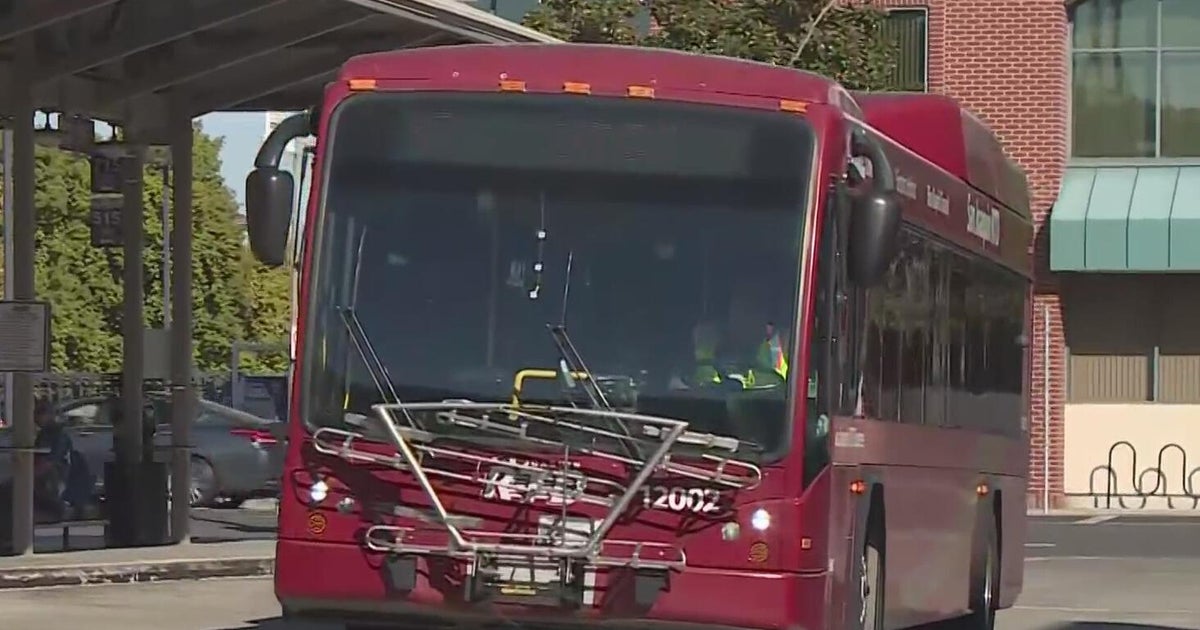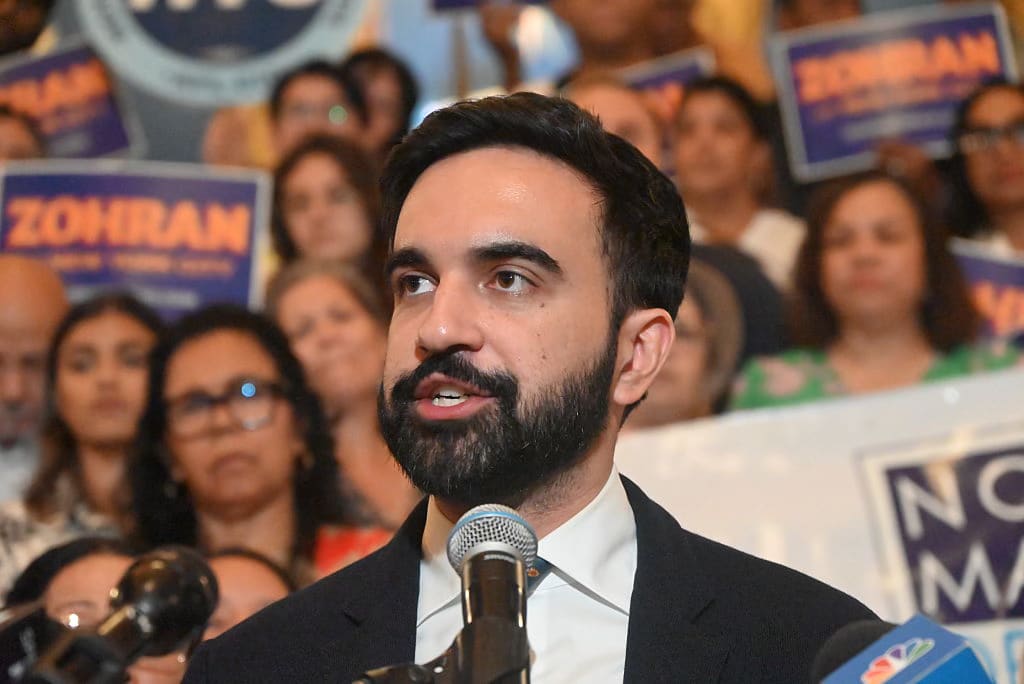Carl Icahn calls out Kroger on treatment of workers and animals
The billionaire activist investor Carl Icahn is taking his recent campaign of animal advocacy to the nation's biggest supermarket chain, adding Kroger to a list that already includes fast-food giant McDonald's.
In a letter Tuesday to Kroger CEO Rodney McMullen, Icahn said he's seeking two seats on the company's board to fight "deplorable animal suffering" and an "unconscionable" wage gap between McMullen and his average worker.
McMullen was paid $22.4 million in 2020, a year that had Kroger "inexplicably removing the workers' meager $2 an hour raise," Icahn wrote. Kroger ended what it called "hero pay" after briefly offering the pandemic-fueled incentive to its more than 500,000 workers in April 2020. It instead switched to paying $130 million in bonuses, with full-time workers receiving $400 and part-timers $200. The median Kroger employee earned $24,617 that year, making the ratio of its CEO to that worker 909 to 1, according to the company's 2021 proxy statement.
"Kroger's inaction towards creating meaningful animal welfare policies and verification methods is totally out of step with consumer desire and current legislation," Icahn wrote. "The Board of Kroger is also completely tone-deaf to other growing ESG concerns, specifically that of providing a living wage to your employees. You've helmed a company that certainly has the gravitas to steer change, yet instead have condoned cruelty towards those who are the most defenseless."
Kroger has increased associate wages by more than $1.2 billion over the last four years, increasing the average wage by 25% to $17 an hour, the company said in an emailed statement to CBS MoneyWatch.
Kroger on Monday said it had first heard from Icahn the previous Friday, when he "voiced his concerns regarding animal welfare and the use of gestation crates in pork production."
The company is not directly involved in raising or processing animals, but it does expect its suppliers to have transitioned away from gestation crates by 2025, Kroger stated.
The missive to McMullen expands Icahn's bid to end the use of gestation stalls that prevent breeding pigs from turning around, with Icahn last month also launching a potential fight with McDonald's over the issue.
The investor has nominated two people for election to McDonald's board of directors in what's likely a first step toward a proxy fight, the company confirmed February 20 in a statement. Icahn, who holds a mere 200 shares in McDonald's, told Bloomberg News that his motivation had nothing to do with profit.
"I really do feel emotional about these animals and the unnecessary suffering you put them through," Icahn said in an interview last month with the news service. A pig has "a good brain" and is "a feeling animal," added Icahn, one of Wall Street's toughest investors who has been described as "not a warm person" by biographer Mark Stevens.
Icahn's stance drew support from Norway's pension fund, KLP, which holds $72 million in McDonald's, including its bonds and equities.
''It is absolutely appalling that McDonald's has not ended the cruel use of gestation crates for pregnant pigs in its supply chain so we welcome this renewed attention and we strongly urge other shareholders to look into this very closely. Until these practices are banned, it is a duty for a global and enormously wealthy corporation like McDonald's to outlaw this with immediate effect," Kiran Aziz, head of responsible investment at KLP, said in an emailed statement.
While Icahn and KLP want McDonald's to only source "crate free" pork, the company said it does not believe the request is realistic.
The U.S. Supreme Court on Monday agreed to hear a pork industry challenge to a 2018 California voter initiative that mandated that pork sold in the state come from sows that have at least 24 square feet of floor space. The National Pork Producers Council and other groups opposed to the law argue it would cost farmers millions of dollars and raise meat prices.



